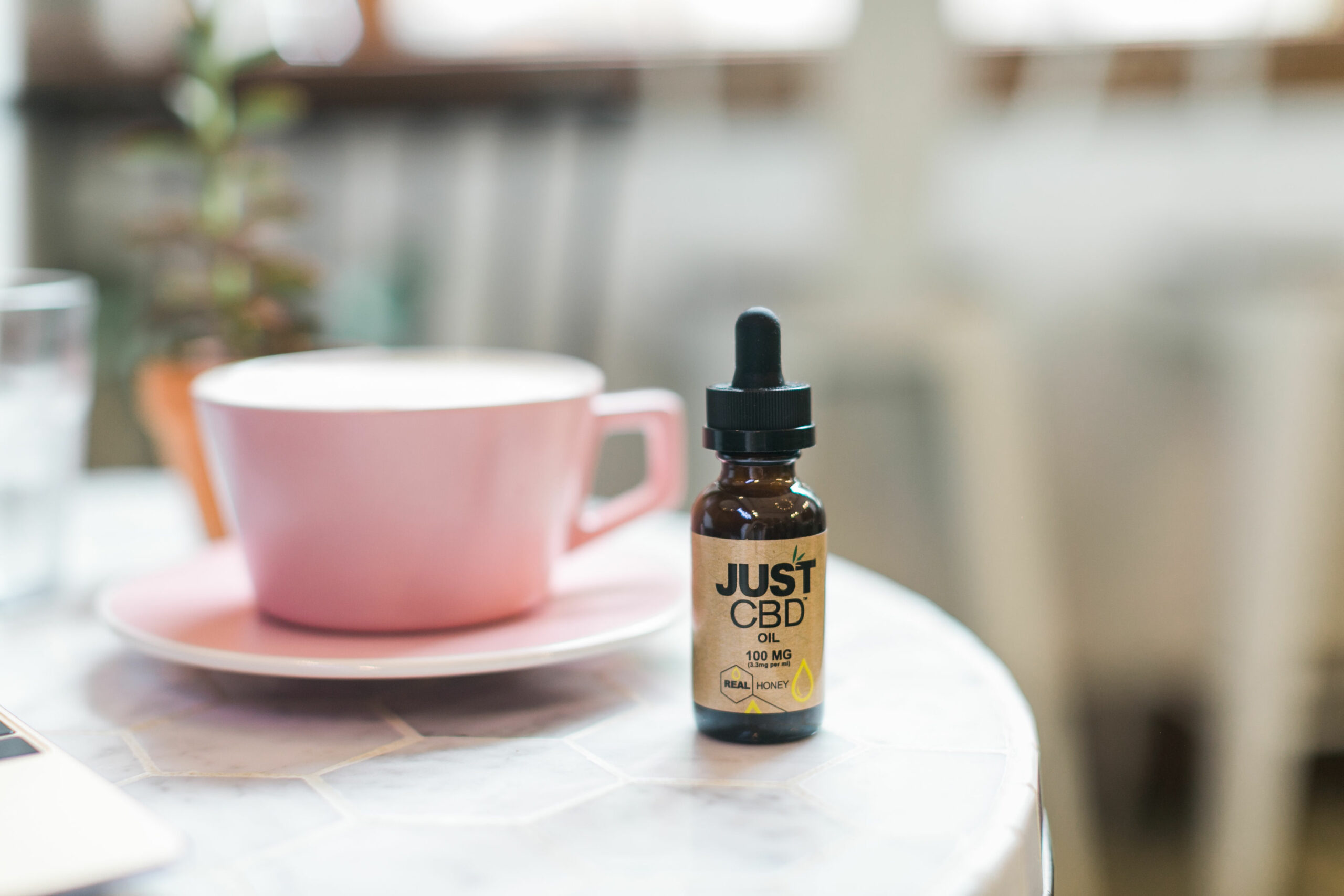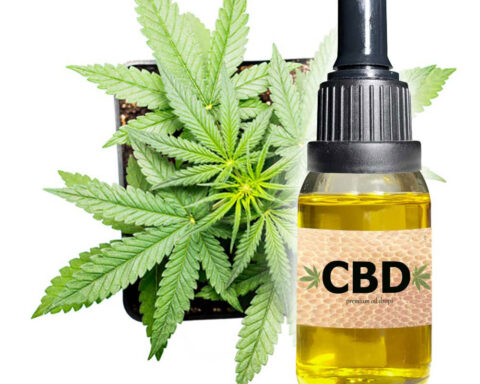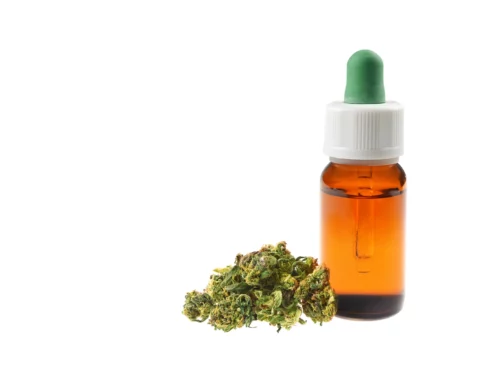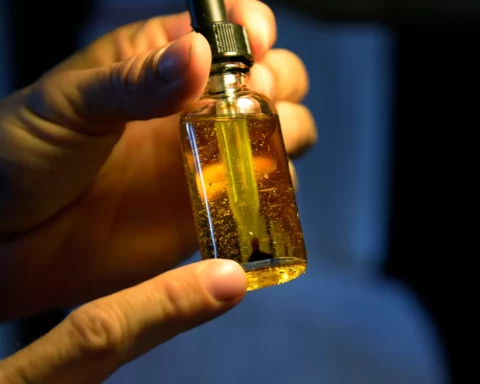Like other drugs, CBD causes some side effects, although most are mild. Currently, Cannabidiol (CBD) is widely consumed globally. Its demand has hiked due to the reported potential of supporting body wellness. Cannabidiol is among the chemical compounds found in cannabis plants. This plant also contains tetrahydrocannabinol (THC), the most active compound. The compound is known for its psychoactive effects. However, CBD products have negligible THC levels that cannot cause highness effects. For this reason, the demand for CBD products is rapidly increasing. However, some consumers are unaware of the potential side effects of CBD products. Get to know the possible side effects of using CBD oil below.
What is CBD Oil?
Cannabidiol (CBD) is among the numerous chemical cannabinoid compounds present in the cannabis plant. The major chemical compounds found in marijuana are cannabidiol (CBD) and delta-9tetrahydrocannabinol (THC). However, these compounds show different effects in CBD consumers. THC contains psychoactive effects and is the most effective cannabis ingredient. This compound develops a mind-changing or high feeling when consumed. This effect is experienced because THC metabolizes (breaks down) when consumed or heat is applied to it. In contrast, CBD has no psychoactive effects. It does not alter consumers’ minds after ingesting it. Nevertheless, CBD might generate notable changes in the body. Besides, it shows numerous benefits in CBD consumers.
Where Is Cannabidiol Sourced From?
CBD is sourced from cannabis plants, marijuana, or hemp. The FDA reports that hemp herbs are authorized by the stipulated Farm Bill, provided they contain below 0.3% THC level. Marijuana contains more THC levels than hemp. Therefore, hemp is the preferred source of CBD.
How CBD Functions
All cannabinoids generate effects in the body by interfering with cannabinoid receptors, which constitutes the endocannabinoid system. The human body yields two receptors: CBD1 and CB2. CB1 receptors are found in the entire body, specifically in the brain. They coordinate memories, appetite, thinking, mood, emotion, pain, movement, and other roles. CB2 receptors are mostly found in the human immune system. These receptors affect pain and inflammation. THC hooks up with CB1 receptors, while CBD activates the receptors for the body to produce cannabinoids called endocannabinoids.
Is CBD Safe?
CBD consumption causes some side effects, including irritability, fatigue, and nausea. Individuals ingesting high CBD doses might show disorders in liver-linked blood tests. Most non-prescription medicines like acetaminophen (Tylenol) contain a similar effect. Therefore, consult your doctor before using CBD products. CBD manufacturers primarily sell and advertise CBD as a supplement rather than medication which is a notable safety concern. The Food and Drug Administration (FDA) does not control the dietary supplements’ purity and safety. Therefore, customers are not assured that the products bought contain active ingredients within the value indicated on the catalog.
General Side Effects of CBD
Most reports from consumers regarding CBD side effects include nausea, reduced appetite, dry mouth, gastrointestinal issues, interaction with various medications, and drowsiness.
Drowsiness
General side effects when consuming CBD include sedation and drowsiness. However, a CBD connoisseur explained that this effect might intensify if an individual ingests CBD with various sedating drugs.
Nausea
people who consume cannabidiol supplements may experience nausea. This is determined by the amount consumed and sensitivity to CBD. The absorbed amount can differ since CBD supplements are available in various formulations like vapors, tinctures, and gummies. When these combine for each person, it determines which cannabidiol side effects individuals experience.
Interaction With Other Medications
Consumers should avoid using CBD products while under medication. For instance, consuming CBD with medicines responsible for drowsiness causes the victim to become sleepier. Medical professionals show that CBD products interact with certain prescribed medicines, including captopril, carbamazepine, valproic acid, codeine, tramadol, sertraline, lithium, and warfarin. Therefore, consult your pharmacist or doctor before consuming CBD with other drugs to avoid negative side effects.
Gastrointestinal Issues
Some individuals might experience liver problems or diarrhea when taking CBD. These effects depend on individuals.
Warning and Special Precautions
Breastfeeding and Pregnancy
Experts report that taking CBD products while breastfeeding or pregnant is dangerous. These products can be intoxicated with various ingredients that may cause harm to the infant or fetus.
Children
Children can ingest a particular doctor-prescribed cannabidiol product (called Epidiolex). Usually, they consume it orally in maximum servings of 25 mg/kg regularly. Epidiolex is certified for children with specific conditions who have a minimum of one year old. However, no evidence shows that other cannabidiol products are friendly for children.
Parkinson Disease
Some previous research proposed that ingesting high CBD doses makes tremors and muscle movement worse in individuals with Parkinson’s.
Conclusion
Some encouraging reports from CBD proponents entice people to embrace these products. Experts have discovered the benefits of CBD products to address different issues. However, these products have not been approved by Food and Drug Administration (FDA). Therefore, users should be careful whenever using CBD products. This is vital for people with underlying conditions or taking other medications. Always consult your medical provider before ingesting CBD products. Also, your pharmacist can prescribe particular products that match your requirements.
- Eye Spy: Worldwide Eye Color Percentages - April 19, 2024
- Elevate Energy, Soothe Stress, And Peak Performance with The New UNBEETABREW Coffee Sensation - September 21, 2023
- Chef Bob’s Coffee: A Journey Fueled by Passion - July 29, 2023









